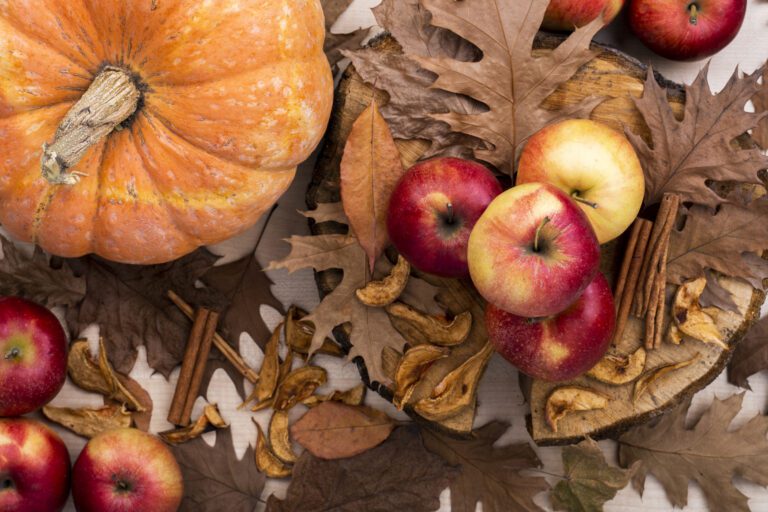Do you find yourself battling intense sugar cravings, experiencing energy crashes in the afternoon, or struggling to manage your weight despite your best efforts? These common frustrations are often signs of an underlying metabolic issue that I see frequently in my naturopathic practice: insulin resistance.
While it sounds technical, understanding insulin resistance is one of the most empowering steps you can take for your long-term health. It’s a key modifiable risk factor for many chronic conditions, and it’s particularly relevant for hormonal issues like Polycystic Ovary Syndrome (PCOS). This post will demystify insulin resistance and provide you with clear, naturopathic strategies to help improve your body’s insulin sensitivity and support your overall cellular health.
What is Insulin Resistance? A Simple Explanation
Think of insulin as a key. When you eat carbohydrates, they break down into glucose (sugar) in your bloodstream. Your pancreas releases insulin, which travels to your body’s cells, “unlocks” their doors, and allows glucose to enter to be used for energy.
Insulin resistance occurs when your cells start to become “numb” to insulin’s signal. The key no longer fits the lock as easily. In response, your pancreas works overtime, pumping out more and more insulin to try and get the job done. This leads to high levels of both glucose and insulin circulating in your blood, which can have far-reaching consequences for your health.
Why Insulin Resistance Matters for Your Health
Chronically high insulin levels create a state of inflammation and can contribute to a wide range of health issues, including:
Pre-diabetes and Type 2 Diabetes:
This is the most well-known consequence of unmanaged insulin resistance.
Increased Cardiovascular Risk:
Insulin resistance is linked to higher triglycerides, lower HDL (“good”) cholesterol, and increased blood pressure [1].
Fatigue:
The inefficient use of glucose for energy can lead to persistent fatigue and energy crashes.
Weight Gain & Difficulty Losing Weight:
Insulin is a primary fat-storage hormone. When levels are constantly high, it makes it very difficult for your body to burn stored fat.
Hormonal Imbalances (especially in women):
High insulin levels can signal the ovaries to produce more testosterone, a key driver of symptoms in PCOS like acne, irregular periods, and unwanted hair growth.
A Naturopathic Approach to Improving Insulin Sensitivity
The wonderful news is that insulin resistance is often highly reversible with targeted diet and lifestyle changes. As a Naturopathic Doctor, my goal is to help you re-sensitize your cells to insulin naturally.
1. Foundational Nutrition for Blood Sugar Balance
This is the cornerstone of managing insulin resistance. The goal is to eat in a way that prevents large spikes in blood sugar.
- Build a Balanced Plate: Ensure every meal contains a combination of quality protein, healthy fats, and fiber. This trio works together to slow down the absorption of carbohydrates and promote satiety.
- Focus on Whole, Unprocessed Foods: Prioritize vegetables, fruits, lean proteins, nuts, seeds, and legumes.
- Reduce Refined Carbs & Sugars: Minimize your intake of white bread, pasta, pastries, sugary drinks, and processed snacks, as these cause the most significant blood sugar spikes. A diet rich in whole foods has been shown to be a powerful intervention for improving insulin sensitivity [2].
2. The Power of Movement
Exercise is one of the most effective ways to improve insulin sensitivity. Physical activity encourages your muscles to take up glucose from the bloodstream, reducing the need for high levels of insulin. Both aerobic exercise (like brisk walking or cycling) and resistance training (weightlifting) are incredibly beneficial [3].
3. Manage Stress & Prioritize Sleep
Chronic stress leads to high levels of cortisol, a hormone that can raise blood sugar and worsen insulin resistance. Similarly, poor sleep is a major disruptor of metabolic health. Incorporating stress-management techniques (like mindfulness or yoga) and aiming for 7-9 hours of quality sleep per night are non-negotiable for hormonal and metabolic balance.
4. Targeted Nutrients & Botanicals
Based on individual needs, certain supplements can be very supportive. Nutrients like Magnesium and Chromium play roles in glucose metabolism. Botanicals like Berberine and nutrients like Inositol have been well-researched for their ability to improve insulin sensitivity, with Inositol being particularly helpful for women with PCOS [4].
It is crucial to work with a healthcare provider to determine which, if any, supplements are appropriate for you.
Empowering Your Metabolic Health
Improving your insulin sensitivity is one of the most impactful, proactive steps you can take for your long-term health and vitality. By focusing on a whole-foods diet, regular movement, and stress management, you can re-sensitize your cells, balance your blood sugar, and reduce your risk for many chronic conditions.
Ready to Take Control of Your Metabolic Health?
If you suspect insulin resistance may be contributing to your health concerns, Dr. Jennifer Luis can help you investigate with targeted testing and create a personalized naturopathic plan to restore balance.
References:
- Rochlani, Y., Pothineni, N. V., Kovelamudi, S., & Mehta, J. L. (2017). Metabolic syndrome: pathophysiology, management, and modulation by natural compounds. Therapeutic advances in cardiovascular disease, 11(8), 215–225.
- Gepner, Y., Shelef, I., Schwarzfuchs, D., et al. (2019). Effect of distinct lifestyle interventions on mobilization of fat storage pools: the CENTRAL MRI randomized controlled trial. Circulation, 139(9), 1117-1133.
- Bird, S. R., & Hawley, J. A. (2017). Update on the effects of physical activity on insulin sensitivity in humans. BMJ open sport & exercise medicine, 2(1), e000143.
- Pundir, J., Psaroudakis, D., Savnur, P., et al. (2018). Inositol treatment of anovulation in women with polycystic ovary syndrome: a meta-analysis of randomised trials. BJOG: An international journal of obstetrics and gynaecology, 125(3), 299–308.



